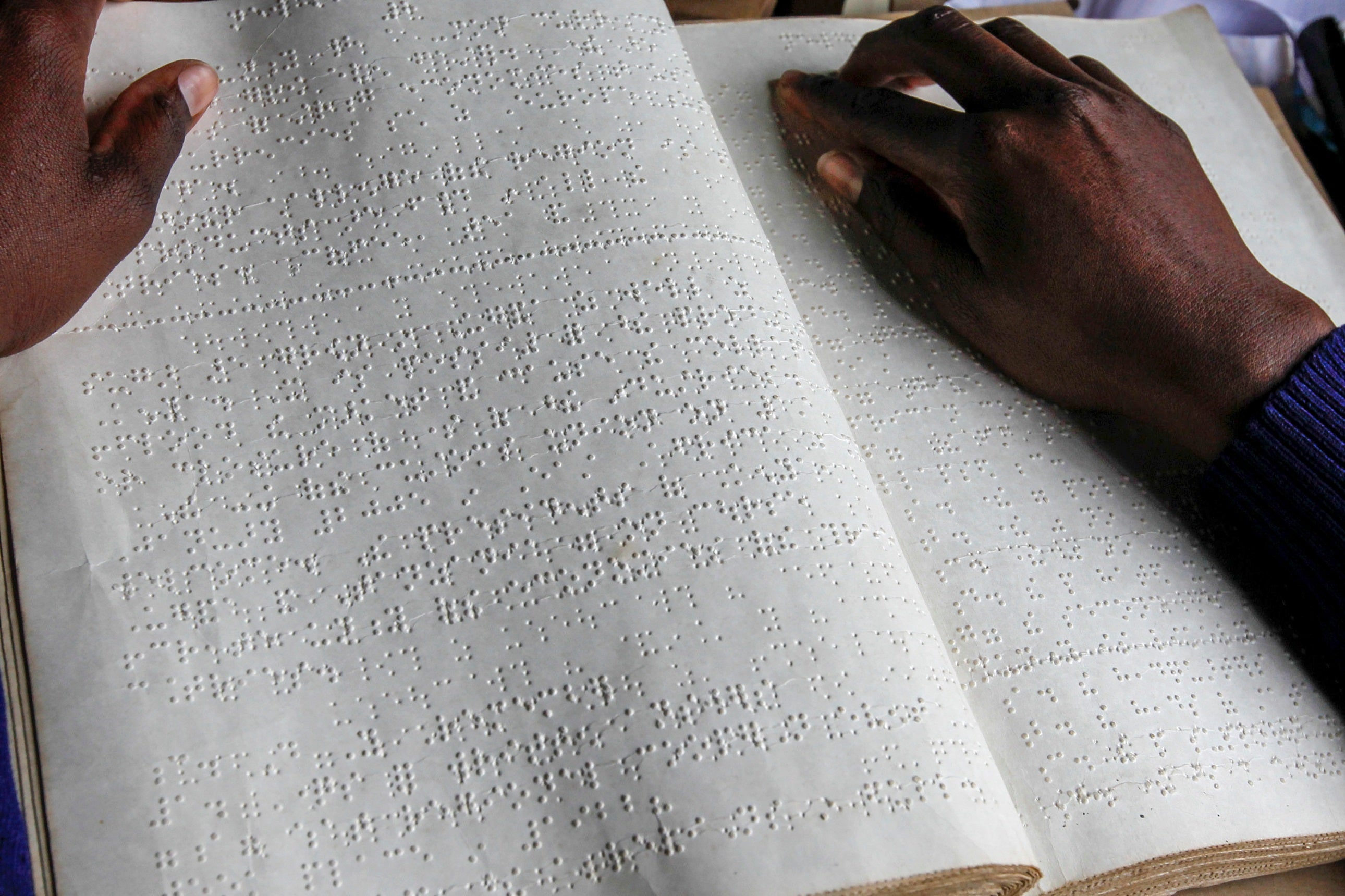WHO: Togo has eliminated trachoma
By focusing on screening and treatment, the country has eliminated one of the leading causes of blindness – a disease so old it has been found on the eyelids of Egyptian mummies

Togo has eliminated trachoma as a public health problem, the World Health Organization (WHO) has announced. One of the leading causes of blindness, trachoma is caused by a bacteria easily spread from person to person through flies, hands, and clothing.
Togo joins 12 other countries that have eliminated trachoma, including Cambodia, China, Iran, Laos, The Gambia, Ghana, Mexico, Morocco, Myanmar, Nepal, Oman, and Saudi Arabia. The disease remains endemic in 57 countries in Africa, Asia, Latin America, the Middle East, and the Caribbean. Globally, an estimated 8 million people are visually impaired because of trachoma and another 500 million are at risk of blindness from the disease.
Togo’s efforts to eliminate trachoma demonstrate the benefits of breaking down silos to invest in strengthening health systems.
According to the WHO, Togo’s efforts to eliminate trachoma started in 1989. And in 2009, trachoma elimination efforts were integrated into the country’s National Programme for Neglected Tropical Diseases. The national program focused on screening and treatment. To support screening at scale, the government trained community health agents to identify suspected trachoma cases during door-to-door mass drug administration activities for onchocerciasis, also known as River Blindness, schistosomiasis, an acute and chronic parasitic disease, and and soil-transmitted helminthiases worm infections. Suspected trachoma cases were examined by specially trained ophthalmic nurses and, if confirmed, scheduled for surgical correction.
Togo's Ministry of Health, Public Hygiene and Universal Access to Care engaged in public education campaigns about the role of personal hygiene in the fight against trachoma. This was supported with improvements in access to safe water and improved sanitation.
“Togo has a remarkable record of success and is the only country acknowledged by WHO as having won its fight against four NTDs [Neglected Tropical Diseases]: it previously achieved transmission-free status for dracunculiasis in 2011. In 2017 it became the first country in sub-Saharan Africa to eliminate lymphatic filariasis as a public health problem and, in 2020, became the first African country to achieve the same status with regard to human African trypanosomiasis (sleeping sickness),” the WHO said in a statement.
Trachoma is one of the oldest diseases known to afflict humans. It has been found on the eyelids of Egyptian mummies. In 2020, the World Health Assembly set 2030 as the target date for the global elimination of trachoma as a public health problem.
Global efforts to eliminate trachoma rely on a strategy called SAFE: Surgery, antibiotics, facial cleanliness campaigns, and environmental improvements including access to clean water and sanitation to reduce transmission.
How can we help you?
believes that the quickest path to improving health outcomes to identify positive outliers in health and help leaders implement lessons in their own countries.
With our network of in-country and cross-country partners, we research countries that have made extraordinary progress in important health outcomes and share actionable lessons with public health decisionmakers.
Our research can support you to learn about a new issue, design a new policy, or implement a new program by providing context-specific recommendations rooted in Exemplar findings. Our decision-support offerings include courses, workshops, peer-to-peer collaboration support, tailored analyses, and sub-national research.
If you'd like to find out more about how we could help you, please click . Please consider so you never miss new insights from Exemplar countries. You can also follow us on Twitter and LinkedIn.
